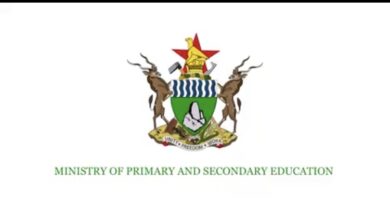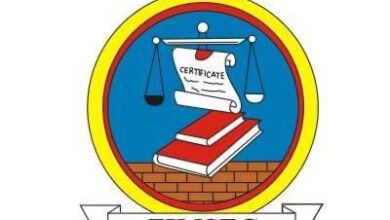The Role of Private Schools in Zimbabwe’s Education System

The Emergence of Private Schools in Zimbabwe
In Zimbabwe, the private school sector has grown significantly, offering an alternative to the state-run education system. These private schools in Zimbabwe, make up a substantial portion of the education landscape. Furthermore, they are independent institutions run by private individuals or companies and they operate without state aid.
Regulation and Governance of Private Schools
Additionally, private schools in Zimbabwe run on a set of regulations. These ensure they meet minimum standards for quality education. The Ministry of Primary and Secondary Education (MoPSE) and the Ministry of Higher and Tertiary Education Science and Technology Development (MoHTESTD) are responsible for the supervision and regulation of both state and non-state education provision.
The National Curriculum and Assessment System
Private schools in Zimbabwe adhere to the national curriculum developed by the MoPSE. Also, the curriculum is administered by the Zimbabwe School Examinations Council. This ensures uniformity in the education provided across all schools, state or private. However, more and more private schools are shifting to a Cambridge based curriculum.
The Financial Operation of Private Schools
Private schools in Zimbabwe have funding coming primarily from student fees. They are not eligible for government grants that are available to state schools. Therefore, this can sometimes lead to disparities in the quality of education offered.
The Quality of Teaching and Learning
Despite the challenges, private schools in Zimbabwe have shown a commitment to quality education. Teachers in these schools ideally meet minimum qualifications. Also, the appointment of new teachers must be pre-approved by the Secretary of Primary and Secondary Education. Private schools have become innovative on how they provide learning experiences for students. Furthermore, some schools are embracing international level type of education.
Equitable Access and Inclusion
Private schools in Zimbabwe should ensure equitable access to education. They must comply with the Education Amendment Act 2020. This prohibits discrimination in the admissions process based on various grounds, including socioeconomic status.
Quality Assurance, Monitoring, and Accountability
The Ministry of Primary and Secondary Education (MoPSE) is responsible for the quality assurance of all non-state schools in Zimbabwe. Inspections by a Ministry-appointed inspector ensure that there is compliance of all standards.
The Impact of Private Schools on Zimbabwe’s Education System
These schools have played a significant role in diversifying the education system. Moreover, they provide alternatives for families seeking different educational philosophies or environments. They have also contributed to the development of the country’s education sector by offering competitive services and innovative teaching methods.
In conclusion, private schools in Zimbabwe are an integral part of the country’s education system. They provide alternatives and contribute to the diversity of educational opportunities available to students. Furthermore, they are regulated and monitored to ensure they meet the standards set by the government. Finally, they play a crucial role in the country’s education landscape.




